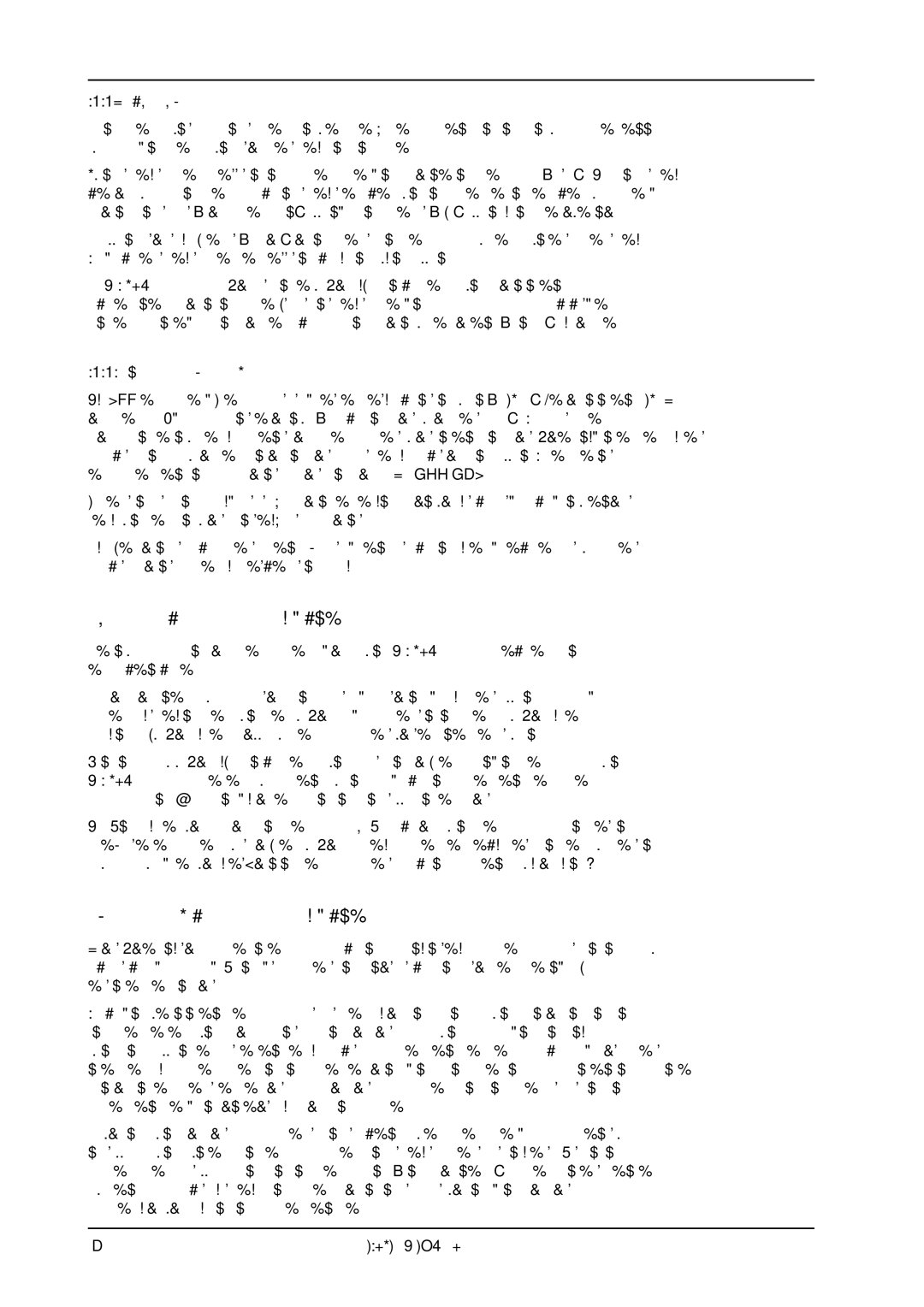
DUALFEX PRO EX2200
3.3.2 Phase Shifting
The term phase shift describes the displacement of a signal’s phase in relation to its point of origin. As a matter of principle, the phase shift produces a delay within the signal.
If the delayed signal is added to the original signal, the resultant signal becomes “wider”. Below time delay values of 20 msec. the brain perceives the delayed arrival of the two signals as the arrival of one signal, which results in the desired “pulse enlargement” effect, sometimes called
The effect produced by
The BEHRINGER DUALFEX PRO is equipped with a
3.3.3 Generating Artificial Harmonics
By 1955 an American, Charles D. Lindridge, had already invented the first “EXCITER” (a unit that EXCITES upper harmonics), when he presented a unit for “improving the sound of music and speech”. He enriched signal sources with artificially generated upper harmonics and found that both sound quality, transparency and perceived positioning of musical instruments could be considerably improved using this effect. He was granted an American patent on his circuit design under the number US 2 866 849.
Compared to modern technology, Lindridge’s circuit was anything but fully developed, however, it featured many of the aspects found in today’s modern circuit designs.
3.4 The Bass Processor of the DUALFEX PRO
Apart from processing the upper harmonic ranges, users of the BEHRINGER DUALFEX PRO have access to an innovative bass processor.
The numerous stages of processing during the recording, reproduction, copying and effecting processes, increasingly delay the phase of the bass frequencies, when compared to the remaining frequency ranges. This is why the
With the help of
Be extremely careful when using the bass processor: excessive use of the bass processor might lead to speaker damage. The amplified
3.5 The Surround Processor of the DUALFEX PRO
Sound quality during signal transmission is given top priority today. The signal is processed with the help of reverb devices, compressors, exciters, denoisers and other studio devices to produce a compact,
However, the fact that hearing impression depends largely upon the positioning of the instruments within the stereo panorama is often enough neglected. Using the surround processor of the DUALFEX PRO, the intensity of the stereo effect can be dramatically improved. The program material gains in liveliness, loudness and transparency. As in a cinema with its special acoustics, the listener has the impression that the orchestral instruments are placed all around him. The surround processor enlarges the stereo basis dependent on the program material, without audibly colouring the sonic image.
The function of the surround processor is based on the derivation of a special signal, which is generated from the difference of the left an right channel. This signal is then delayed program dependently and mixed with the original signal. The difference between the two channels is the “stereo substance” whose ambient and spatial information is improved by delaying the signal. Due to the described function, the surround processor is principally useful only with stereo program material.
14 | 3. TECHNICAL BACKGROUND |
